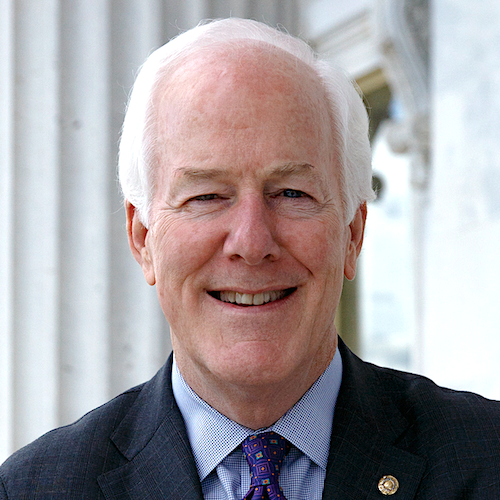
Healthcare providers — including entities and individuals who work for them — would be protected for almost five years from lawsuits related to the provision of COVID-19-related care and services, except in cases of “gross negligence or willful misconduct,” under the terms of relief legislation proposed Monday by Senate Republicans.
The Safeguarding America’s Frontline Employees To Offer Work Opportunities Required to Kickstart the Economy (SAFE TO WORK) Act, part of a $1 trillion package of bills making up the Health, Economic Assistance, Liability, and Schools (HEALS) Act, also has liability protections for other businesses and schools.
“As states gradually reopen their economies, frontline healthcare workers, small businesses, and schools face a second pandemic of frivolous lawsuits threatening to bankrupt them,” said Sen. John Cornyn (R-TX), who introduced the SAFE TO WORK Act. “This legislation would protect those acting in good faith from being sued into oblivion while ensuring bad actors who willingly put their patients, employees or customers in danger will still be held accountable.”
The SAFE TO WORK Act would cover coronavirus-related medical liability claims against healthcare providers occurring from Dec. 1, 2019, to Oct. 1, 2024.
“We’ll preserve accountability in the event of gross negligence or intentional misconduct, but we are not going to let trial lawyers throw a party on the backs of the front-line workers and institutions who fought this new enemy on the front lines,” Senate Majority Leader Mitch McConnell (R-KY) said.
The senior living industry and 21 Republican governors have been advocating for such legal protections.
Also part of the package of bills making up the HEALS Act is the Continuing Small Business Recovery and Paycheck Protection Program Act, introduced by Sens. Mark Rubio (R-FL) and Susan Collins (R-ME). Among other provisions, the bill would create a $60 billion guaranteed long-term, low-interest working capital product; provide funds to allow the small employers that have seen their revenues decline by 50% or more in the first or second quarter of this year compared with the same quarter last year to receive a second PPP loan; and allow businesses to use forgivable PPP funds for personal protective equipment for workers, adaptive investments needed for businesses to operate safely amid the COVID-19 pandemic, and additional expenses.
Another part of the HEALS Act, the American Workers, Families, and Employers Assistance Act, introduced by Sen. Chuck Grassley (R-IA), contains provisions related to the employee retention tax credit, work opportunity tax credit and a payroll tax credit.
The HEALS Act also contains provisions specific to nursing homes, but LeadingAge President and CEO Katie Smith Sloan said that, overall, the resources provided in the package are “woefully insufficient.”
“It does nothing to address the needs of more 750,000 older adults in HUD federally subsidized and privately owned housing programs,” she said.
House Democrats passed the $3 trillion HEROES Act in May to provide additional relief beyond previous legislation enacted into law. Republicans and Democrats must now negotiate on a relief package to be voted on by both bodies in Congress.
See also: Senate Republicans seek reduction in unemployment benefits
In other coronavirus-related news:
- Effective Monday, the Texas Health and Human Services Commission began posting online COVID-19 case counts and deaths by facility name for state-licensed assisted living and nursing facilities, state supported living centers and state hospitals. “Because nursing facilities and assisted living facilities self-report data to HHSC, staff must review and correct any clerical or reporting errors to ensure data integrity. To accommodate time for this review, data posted on these facilities will reflect counts two weeks prior to the date of posting,” the commission said.
- Residents of assisted living communities, adult family homes and other long-term care and congregate living facilities must wear face coverings when they are outside their bedrooms, including inside the building, under a new Washington state order from the secretary of health, issued Friday. In fact, under the order, everyone in the state must wear a face covering that covers the nose and mouth when they are outside of their homes, with few exceptions.
- Oregon’s assisted living, residential and memory care communities, and nursing homes can allow limited outdoor visitation if they take safety measures. New guidelines this week from the Oregon Department of Human Services require health screenings, face coverings, physical distancing and visitor limits for nursing, assisted living, residential and memory care facilities.



